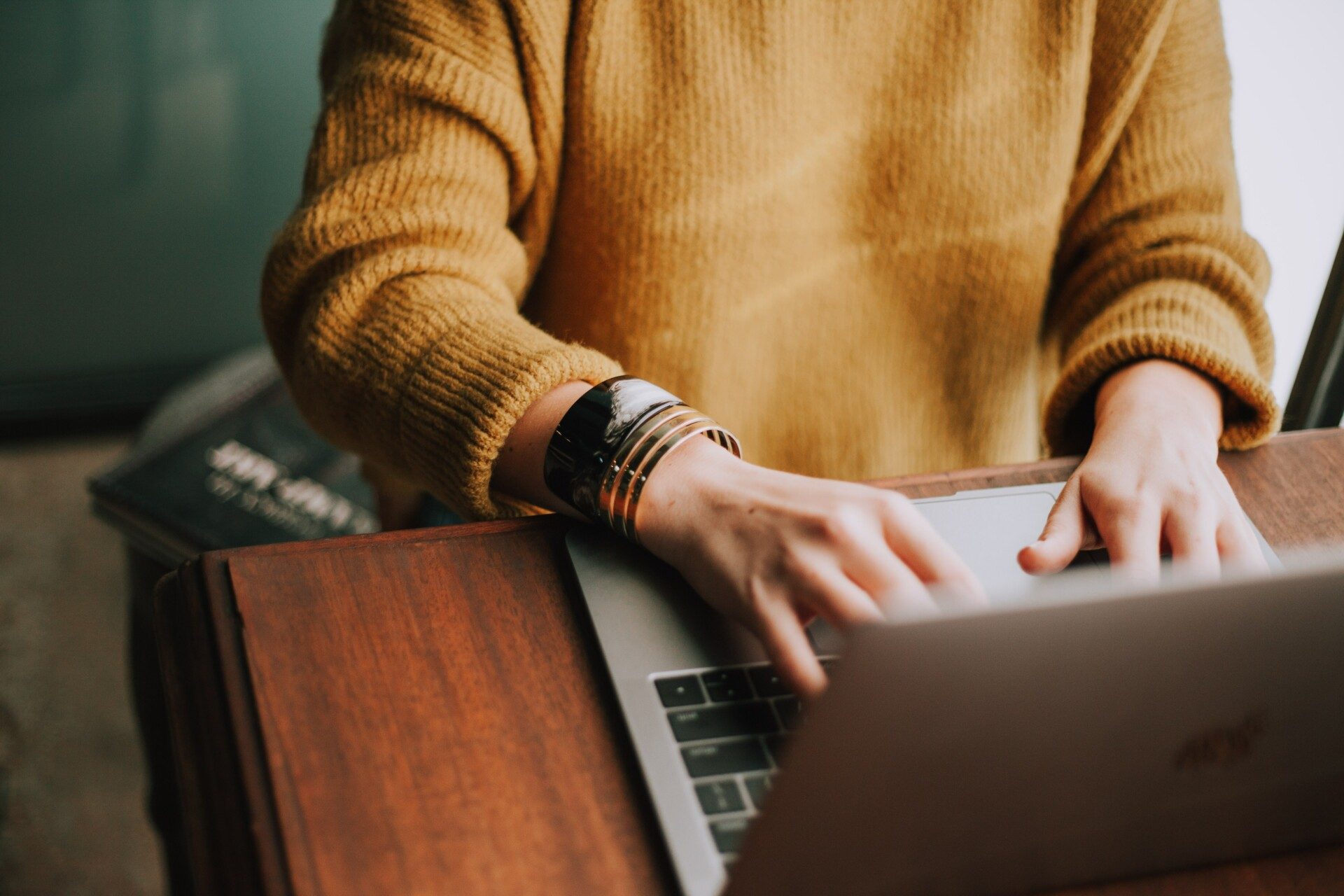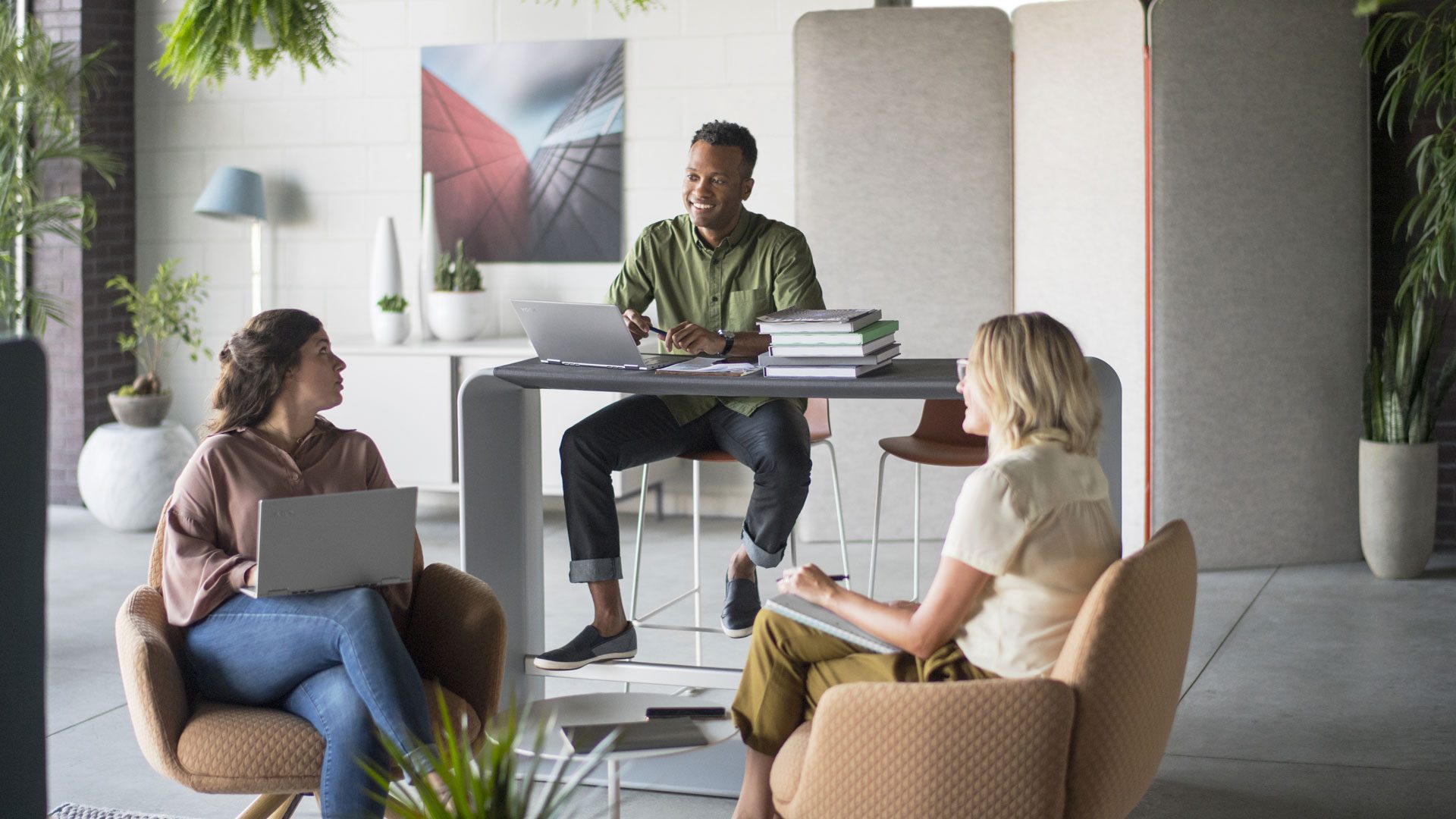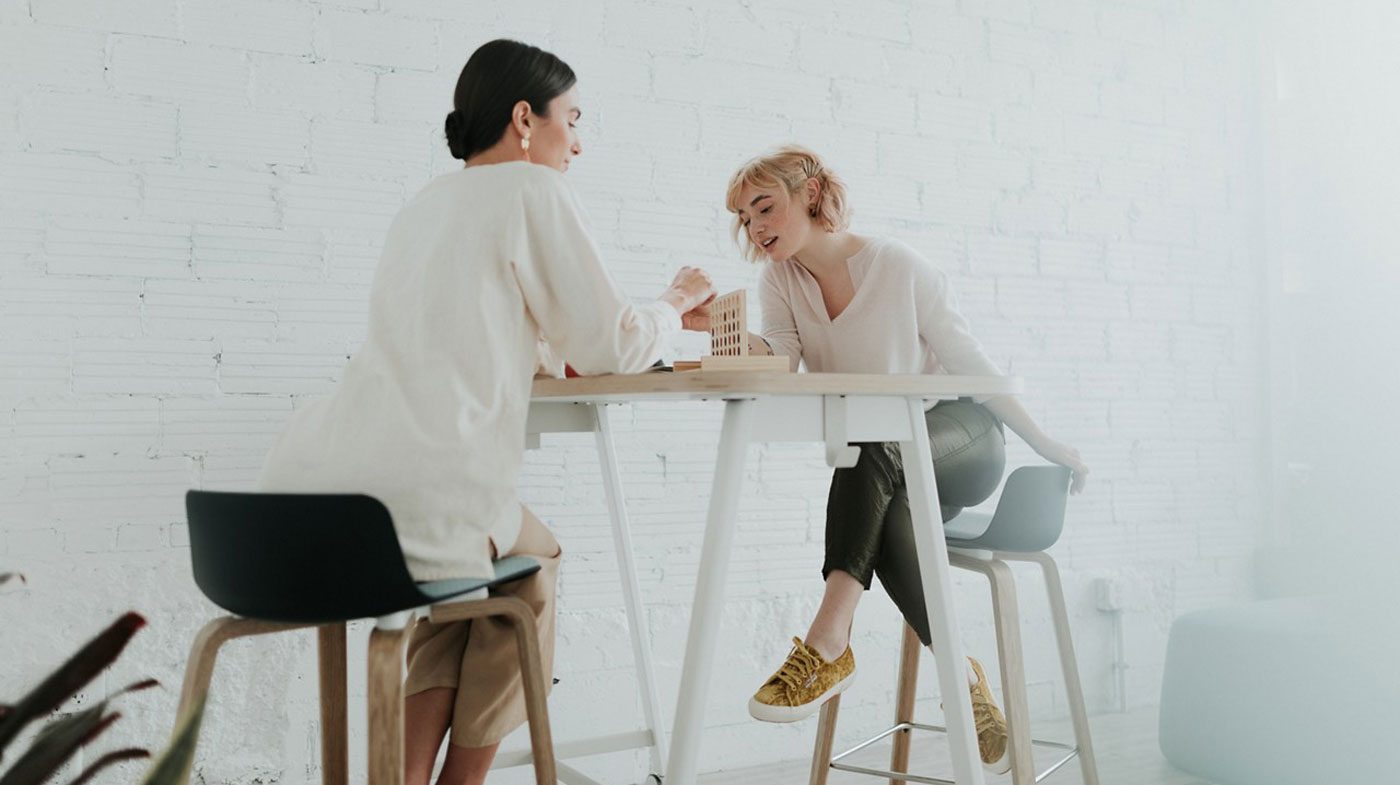-
Products
Browse all productsInspiring WorkspacesWe design, supply and service an extensive range of New Zealand made and imported commercial office furniture.
- Haworth
- Workplace Design
- Our Work
-
Our Clients
Our Clients
We design, supply and service an extensive range of New Zealand made and imported commercial office furniture. -
About
About
For over 60 years we have used our learning and experience to help create inspiring workspaces throughout Aotearoa. - Find us
-
Products
Browse all productsInspiring WorkspacesWe design, supply and service an extensive range of New Zealand made and imported commercial office furniture.
- Haworth
- Fitout Calculator
- Online store
- Workplace Design
- Our Work
- About
- Blog
- Find us
- CONTACT US
- 0800 43 45 46
How to manage your workspace in a COVID world.

Like every other employer around the world, you and your team have likely been thinking about how you continue to evolve and improve the way you work. The use of digital tools such as Zoom video calls and team message platforms such as Microsoft Teams or Slack have become embedded in the way we work in 2022 and beyond. As we become more comfortable about working remotely, trusting our teams to work flexibly around lockdowns and household responsibilities (such as caring for ill dependents), we are also more aware than ever of the mental health of our workforce too.
Workspaces are increasingly becoming a way to connect as an in person team, support each other better, check in on and improve mental health outcomes and inspire our teams. One thing is clear, we’re unlikely to return to pre-Covid levels of expecting our people to turn up to the office every day of every week. As employers, it will become increasingly important to ensure our office environments are safe, allow teams to be collaborative and inspiring enough for our employees to want to leave the house for.

A global shift from work-life to life-work balance
We’re all familiar with the concept of work-life balance. Perhaps that means heading to the gym two mornings a week and arriving a little later to work, or knocking off slightly early on a Friday to coach your child’s sports team. We’re less familiar with the concept of life-work, where ‘life’ takes centre stage and ‘work’ fits in around it. Although for many, work can be hugely satisfying and fulfilling, for most people, ‘life’ is where they top up their wellbeing levels and undertake activities to manage their physical and mental health. And who doesn’t want happy, healthy employees? These are the people likely to lift your team when they need it, take fewer sick days and become highly valued team members who are role models for future employees.
Before the pandemic, stress and burnout were key workplace issues. Today, Covid anxiety is commonplace. A focus towards providing a life-work balance provides our people with more choices around where they work and when they work.
In New Zealand, we’re seeing the emphasis on wellbeing becoming more commonplace. Traditional HR managers are now Culture and Wellbeing Managers, Health and Safety Managers are more frequently tasked with ensuring the wellbeing of their teams on top of ensuring a hazard-free workplace. As 2022 progresses and we familiarise ourselves with the Covid-19 Protection Framework and just how the Omicron variant might play out, we’re likely to see hybrid work models in place to protect staff and business continuity. Common hybrid work models include controlling the volume of staff in an office environment to reduce virus spread, adopting a pod model where teams work together on alternate office days so that not everyone in the office has to self-isolate should someone get ill. Or simply having transparency and flexibility across each team member’s in-office and work from home days.
As Kiwis, we’ve always been proud of our can-do work culture. We’re highly motivated to make things work, whether that’s working from home or in our workplaces. We’re also an active population who enjoy making the most of our great outdoors. In our home and work lives we’re increasingly environmentally aware, and making sustainable lifestyle choices also feeds into not wanting to commute as often to reduce carbon emissions, and wanting our workplaces to be making more sustainable choices too.
 At Europlan, we help clients navigate their workplace design needs every day. As teams change, or workplace requirements evolve, engaging with a workplace design consultant can ensure you’re creating a fit for purpose workspace for your business.
At Europlan, we help clients navigate their workplace design needs every day. As teams change, or workplace requirements evolve, engaging with a workplace design consultant can ensure you’re creating a fit for purpose workspace for your business.
For many companies today, there will be a few who fully convert to a remote working model, and a few who insist on full-time office attendance. By the far the majority of businesses though, are working closely with their teams to find the right balance of working from home versus working in the office. Who needs to be in the office on the same days, and what type of work can be done at home, or saved for office or in-person days? The key is flexible working and embracing the hybrid work model so you all benefit. Ensuring your team doesn’t feel isolated by working from home is also key to successful a hybrid workplace environment.
A NZ Workplace Wellness Report, commissioned by Southern Cross Health Insurance and BusinessNZ uncovered some interesting ways in which Kiwi businesses were evolving to a hybrid work model. 59% of interviewed companies had employees working one-two days from home days to work from home. There is certainly a case for a mix of work locations to improve work productivity and support employee socialisation and mental health. It was also encouraging to see almost half of employers offering laptops and monitors to their team who do work from home and 14% of employers offering support to cover the costs of power and internet.
A 2021 Microsoft Report outlined 8 key trends in recent workplace disruption, created by the hybrid work model being adopted by many industries:
- Flexible work is here to stay: 71% of Kiwis surveyed want to continue working flexibly.
- Leaders are out of touch with employees: More leaders consider themselves as “thriving” than their teams.
- High productivity is masking an exhausted workforce: 51% of Kiwis surveyed feel overworked. A more flexible work environment could help ease this tension and anxiety and retain staff.
- Gen Z is at risk and will need to be re-energised: 54% of those aged 18-25 years say they are merely surviving. How can we better support our most junior employees with more flexible working environments?
- Shrinking networks are endangering innovation: 17% of Kiwis surveyed experienced decreased interactions with their coworkers as they transitioned to remote work. How might we bring back collaboration and socialisation with a hybrid work model?
- Authenticity will spur productivity and wellbeing: Kiwis connected authentically with their coworkers by sharing emotions (20% cried with a colleague) and getting to know people on a personal level (18% met pets and families on video calls). Authenticity in the workplace helps build trust and understanding amongst a team.
- Talent is everywhere in a hybrid work world: 56% of Kiwis surveyed are considering moving house now that they can effectively work remotely. This will also have a knock on effect of people leaving jobs and seeking new roles elsewhere.
- More employers prioritise work-life balance: 61% of Kiwis surveyed felt their employer cares about their work-life balance. How could we increase this through hybrid work models?
Evolving the way we work as a team has a natural flow on effect to ensuring that our offices reflect the way we want to work, collaborate as a team and socialise when we are working in the office together. We’ve previously shared our thoughts about the importance of culture, innovation, wellbeing and flexibility. How successful is your workplace at achieving these key pillars of workplace design?

Ensuring the return to work is safe and worth the commute
If you’re thinking about redesigning your workspace to suit your new hybrid work model, there are a number of considerations.
Culture and Innovation
- Does your workspace provide open spaces and seated spaces that invite collaboration and connection?
- Do you have green zones (think indoor plants) to promote calm and productive work spaces?
- How might you regularly bring your team together virtually or in person to share news, learning, celebrate or acknowledge your team and their work?
- How might you involve your team in the redesign of your office space?
- Is your new fit-out mindful of the environmental and sustainability practices you practice or encourage in other parts of your business?
Wellbeing and Health & Safety
- How do you support your team when they do work remotely?
- What processes do you have in place to identify people struggling with stress, anxiety and mental health?
- How could redesigning your workspace better support the mental health of your team?
- How might you create more open space and room between desks so your team feels safe in an active Covid environment?
- What changes might you make to your regular office cleaning and individual employee cleaning requirements so that everyone feels safe in the office?
- Are you giving your team flexibility in their work day to arrange vaccinations and booster shots?
- Is Covid PPE readily available for everyone in your team to keep themselves safe?
Flexible working spaces
- Does your new workspace feel “people-first”?
- Does it allow for movement and flow? Think standing desks, and options for meetings – stand up learners and comfy couches?
With almost 60 years experience in the commercial office furniture industry, we think we’re pretty well placed to share our workplace design experience. Before the pandemic hit we had a focus on enabling flexible, modern working spaces (the future of work) to suit different working styles and evolving employee behaviour. The pandemic has fast-tracked these principles into the mainstream.
If you’re thinking of downsizing your current office, or changing up the layout to better suit the needs of your team, have a chat to one of our Workplace Design Consultants about your options, and to optimise the way you want to work.
Read next
NZ Office Design: Key Principles of Open Plan Office Layouts
The impact of AI in the workplace
Celebrating 60 Years of Workplace Design
Future Fit 2030 – Europlan’s sustainability strategy
Burnout: How to feel less *&%$ed in the workplace
Designing for wellness: how biophilic elements can promote health in the workplace
Wellness and wellbeing – What companies can do to support employees
Is in person connection essential for company culture?
Does your workplace earn the commute?
And don't worry, we'll never share your email address with anyone else.
The latest from our blog
Modern office design trends for 2024
NZ Office Design: Key Principles of Open Plan Office Layouts
The impact of AI in the workplace
Celebrating 60 Years of Workplace Design
Future Fit 2030 – Europlan’s sustainability strategy
Burnout: How to feel less *&%$ed in the workplace
Designing for wellness: how biophilic elements can promote health in the workplace
Wellness and wellbeing – What companies can do to support employees
Is in person connection essential for company culture?
Does your workplace earn the commute?
Complete this form to send an order request.
A member of our team will be in touch to confirm payment & delivery details shortly.
